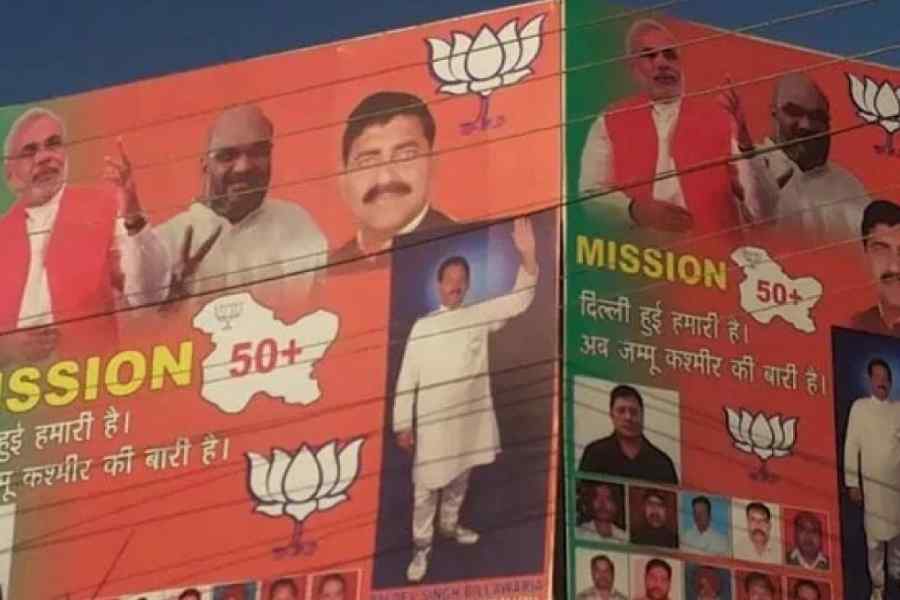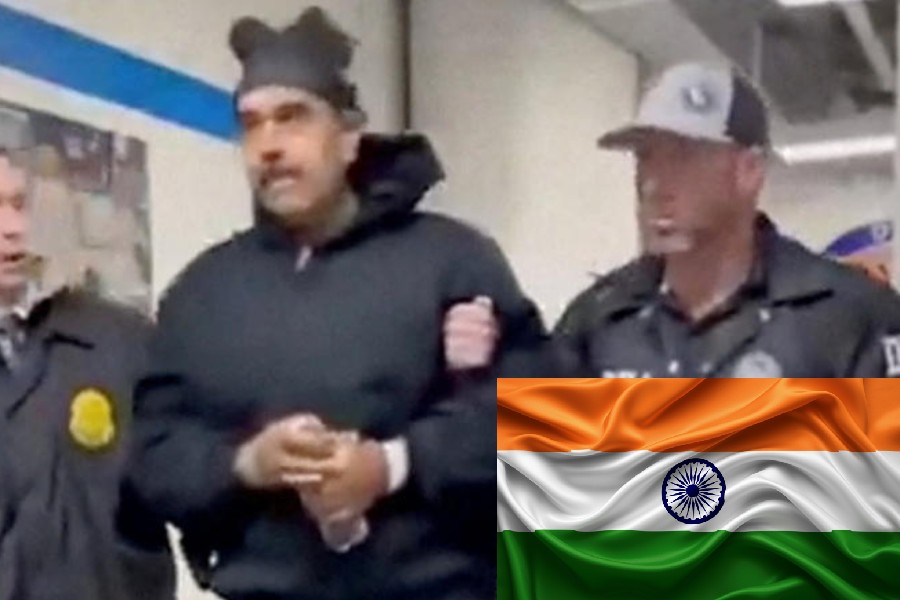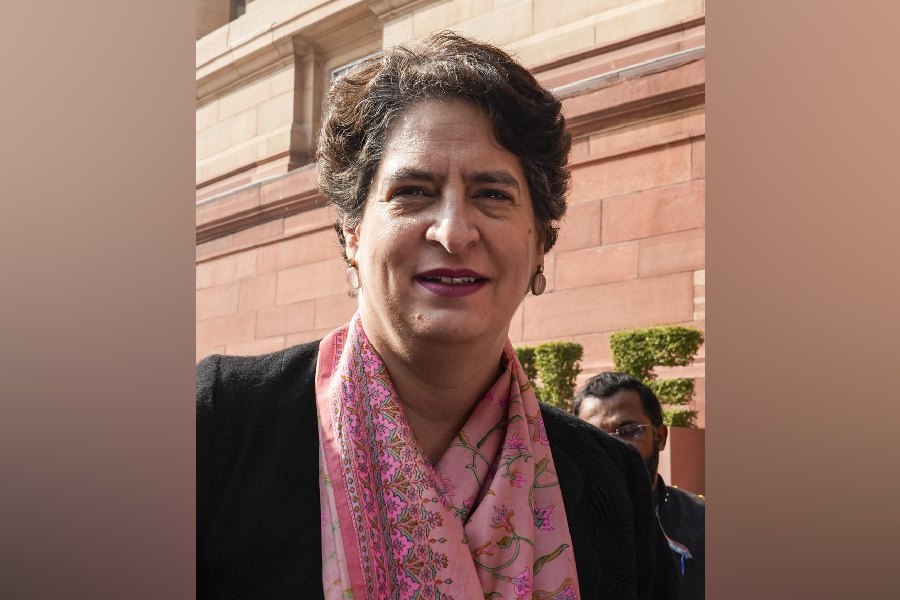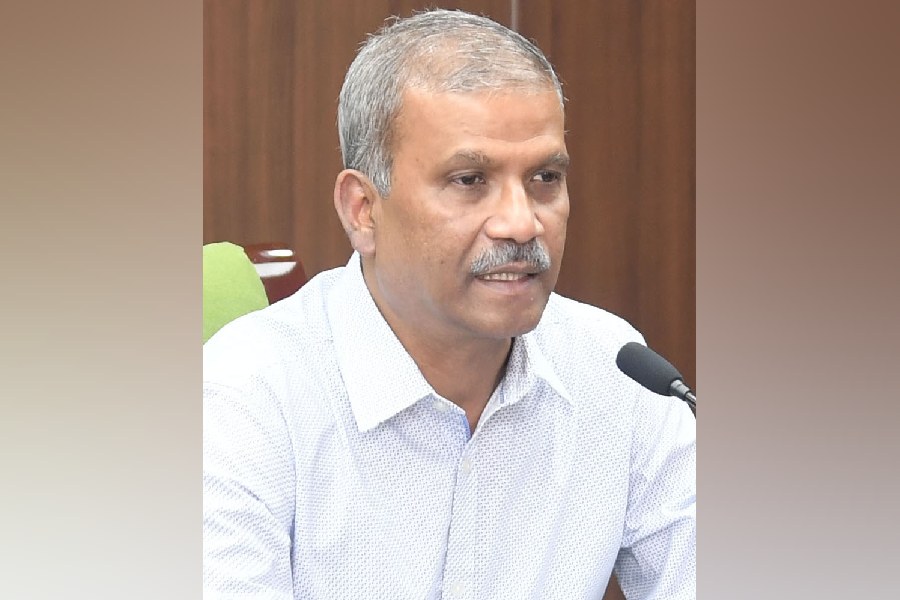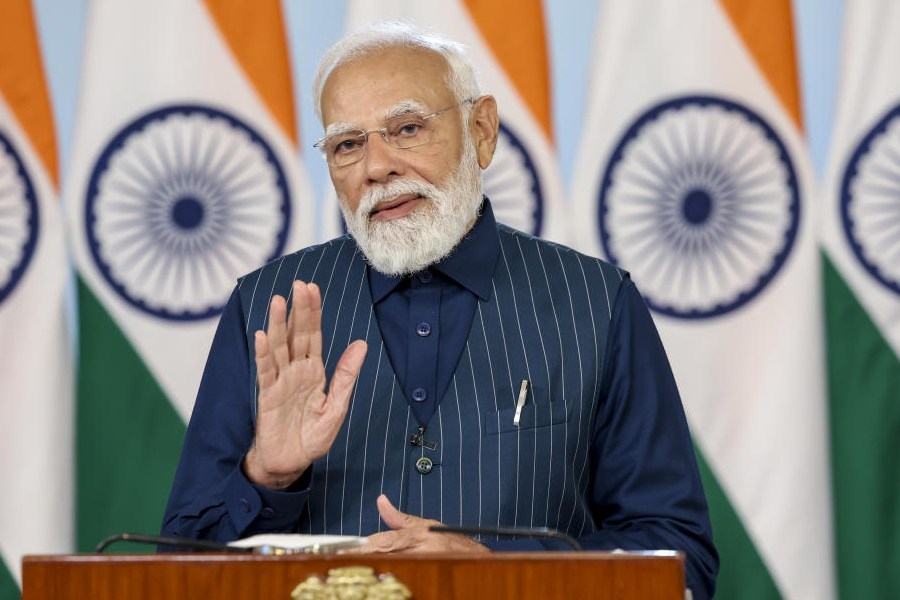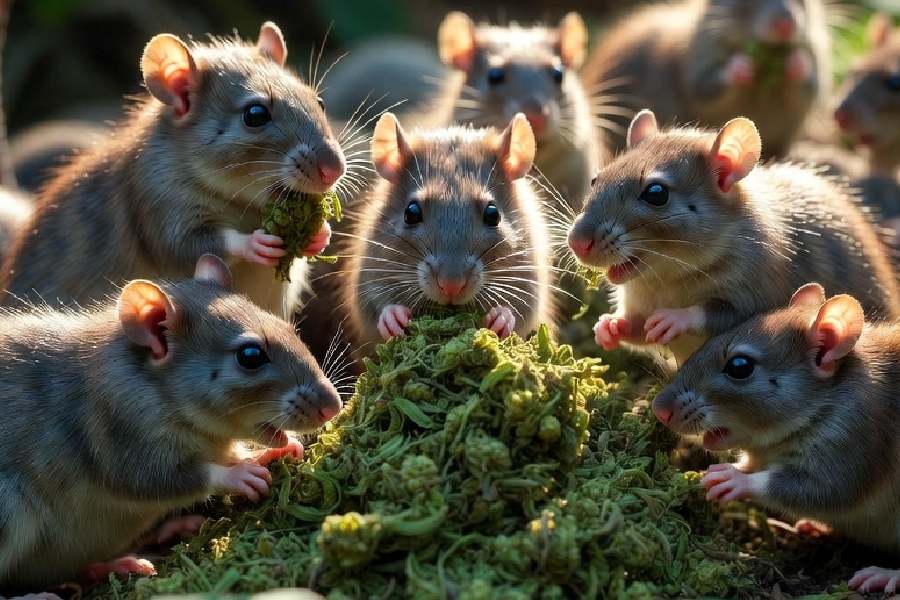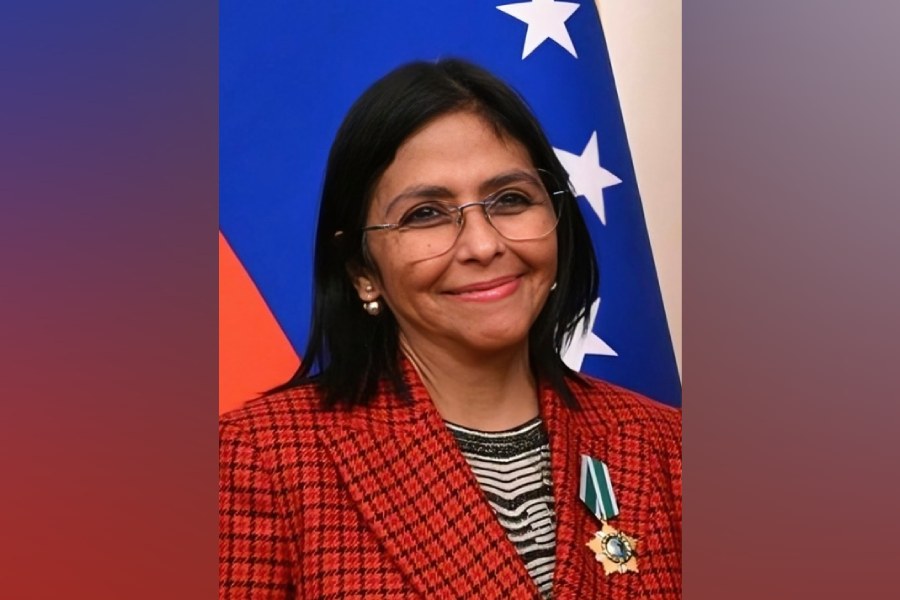On January 27, 1991, as one of the co-passengers in the Northern Railways on a journey to Bikaner, Rajasthan, for a family function via Delhi, I was eyewitness to the forcible entry of Ekta Yatra participants surpassing the number of reserved passengers. The yatris were returning to their respective homes and were ticketless. Ekta Yatra, a political rally by the Bharatiya Janata Party, sought a more hardline response from the then ruling government to the separatist movements in Kashmir and Punjab.
Narendra Modi was the prime organiser of the widely-covered rally, which culminated at Lal Chowk in Srinagar. In the midst of tight security, the BJP leader, Murli Manohar Joshi, unfurled the national flag on January 26, 1992; only a handful of yatris were allowed on account of security reasons in militancy-infested Srinagar. The yatra started on December 11, 1990 at Kanyakumari and signified the importance of J&K for a party that was eyeing the vote bank in north and central India as it had failed to expand its appeal beyond specific caste groups in and around Partition-impacted communities in Delhi.
It is pertinent to point out in this respect that the discussion on the abrogation of Article 370 and its impact on Centre-state relations fails to capture the bigger impact that J&K has had on Indian politics, particularly in the context of the upcoming Lok Sabha elections in 2024. J&K provides an entire mosaic of issues — national security and real or perceived historic, regional and religious contestations — that can be leveraged in the Hindi heartland. Some of these issues require unpacking by separating polemic from facts.
The death of S.P. Mukherjee, the founder of the Jana Sangh, the BJP’s earlier avatar, in Srinagar on June 23, 1953 is where the BJP began its political journey with J&K. There is hardly any discussion by a BJP parliamentarian without a reference to Mukherjee’s death in Srinagar. He was arrested as he tried to cross into J&K without a permit issued by the state government, a legal requirement for non-J&K state subjects in that era, and taken into custody at Lakhanpur at the Punjab-J&K border. Mukherjee died as a result of a heart attack in Srinagar, according to the version of the then state government. His death is often invoked as martyrdom by the BJP cadre within and outside Parliament in any discussion on Kashmir.
The BJP’s fierce opposition to Article 370 was on account of its charge that the Article was an act of appeasement for India’s only Muslim-majority state that is now a Union territory. The BJP avers that the former state should have acceded to the Indian Union like other princely states. The facts are somewhat complex and a number of crucial eyewitnesses are still alive to attest to that. On March 9, 2021, in a less publicised interview on an online portal, Karan Singh, the son of the last princely ruler, Hari Singh, acknowledged that his father was “considering independence” of J&K before he signed the instrument of accession on October 26, 1947.
On account of the primacy given by Jawaharlal Nehru — the BJP is opposed to him viscerally on Kashmir — to the right of the people to decide in princely states, there was popular support for the accession of three princely states — Hindu-majority Junagarh, Hindu-majority Hyderabad and Muslim-majority Kashmir — with India. Sheikh Abdullah’s arrest on August 9, 1953 took place only a few days after Mukherjee’s death. People who have interacted with Sheikh Abdullah in that period attest to the fact in their writings that one of the reasons for his wavering public statements on accession which unnerved the Nehru cabinet was a nervous reaction to the aggressive demands for ending J&K’S special status in the rest of the country, particularly in the Hindi-speaking states.
Perennial inter-regional and inter-ethnic contestation is a simmering volcano within J&K that had been disregarded by the state as well as the central leadership. What has fueled the contestation is the role of the second-rung leadership of J&K’s regional parties that, at times, stirred majoritarian tendencies within Muslim-majority J&K. The majoritarian politics within J&K and outside thus fed each other. For instance, the ruling BJP-appointed J&K Delimitation Commission proposed the carving out of a parliamentary constituency by combining the Muslim-majority Rajouri-Poonch belt, siphoning it from the otherwise Hindu-majority Jammu Lok Sabha parliamentary seat, with the Muslim-majority Anantnag parliamentary constituency in the Kashmir Vallery. The two areas, separated by the mighty Pir Panjal mountains, are not congruent either geographically or ethnically. This proposal echoes the reports on internal decentralisation that were drafted by a group of second-rung leaders in the state in 1998-99. The proposal sought the reconstitution of administrative units along religious lines even though the senior leadership distanced itself from the proposal after some time. The net aim of these proposals is to politically consolidate the two linguistically and culturally distinct Muslim-majority areas into one unit, thereby harming the secular identity of the Kashmir Valley as well as that of Jammu.
From time to time, the BJP has prioritised a hardline approach to security. On September 17, 2019, the minister for external affairs, S. Jaishankar, said that the government hoped to one day have physical jurisdiction over ‘Pakistan-occupied Kashmir’. Recently, the BJP leadership stated in Parliament that the Indian army would have captured the area across the LoC but Nehru called for a ceasefire.
The facts point in a different direction.
India depended on Sheikh Abdullah both militarily and politically in the Kashmir Valley. In contrast, the realities in what is now Pakistan-controlled J&K were different and Sheikh Abdullah’s influence over this region was limited. Coupled with the invasion from the then North West Frontier Province, local Muslims from central Pakistan controlled Jammu and Kashmir. They had a large number of ex-servicemen in their ranks and had rebelled against Hari Singh for a number of reasons in 1947. This led to a quick collapse of the monarch’s forces and immediate control over the territory by the Pakistani army.
As the campaign for the 2024 Lok Sabha elections begins, the BJP, with its resources and superior organisational structure, will reinforce its narrative on J&K that has been bolstered by the recent Supreme Court judgment on Article 370. In an age dominated by social media and short attention spans and given the weakness of the Opposition, emotive issues, such as J&K, would find a resonance in the electorally significant Hindi heartland. The Opposition requires fresh talent that could proactively put forward its narrative with knowledge of the issues. The narrative war on Kashmir is set to heat up.
Luv Puri is the author of two books on Jammu and Kashmir, including Across the LoC

